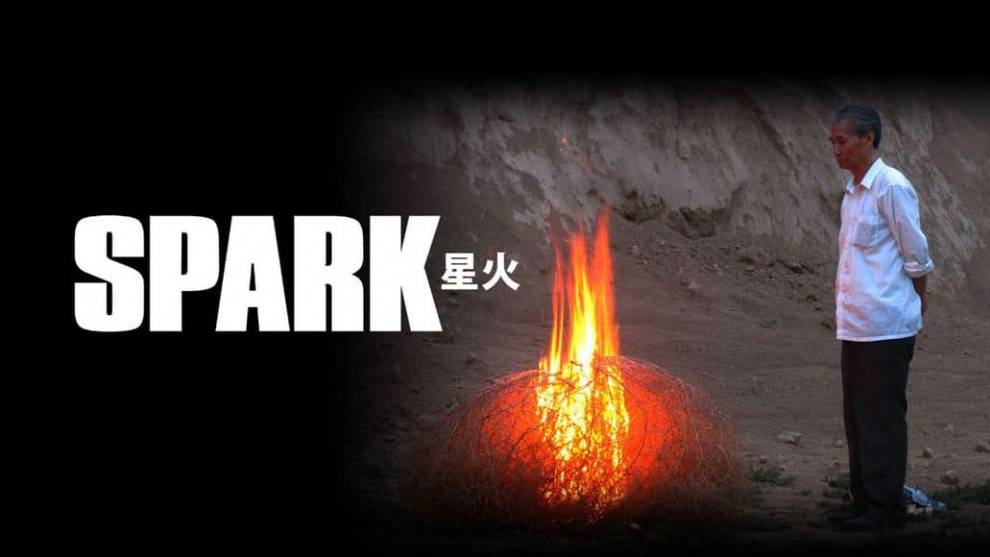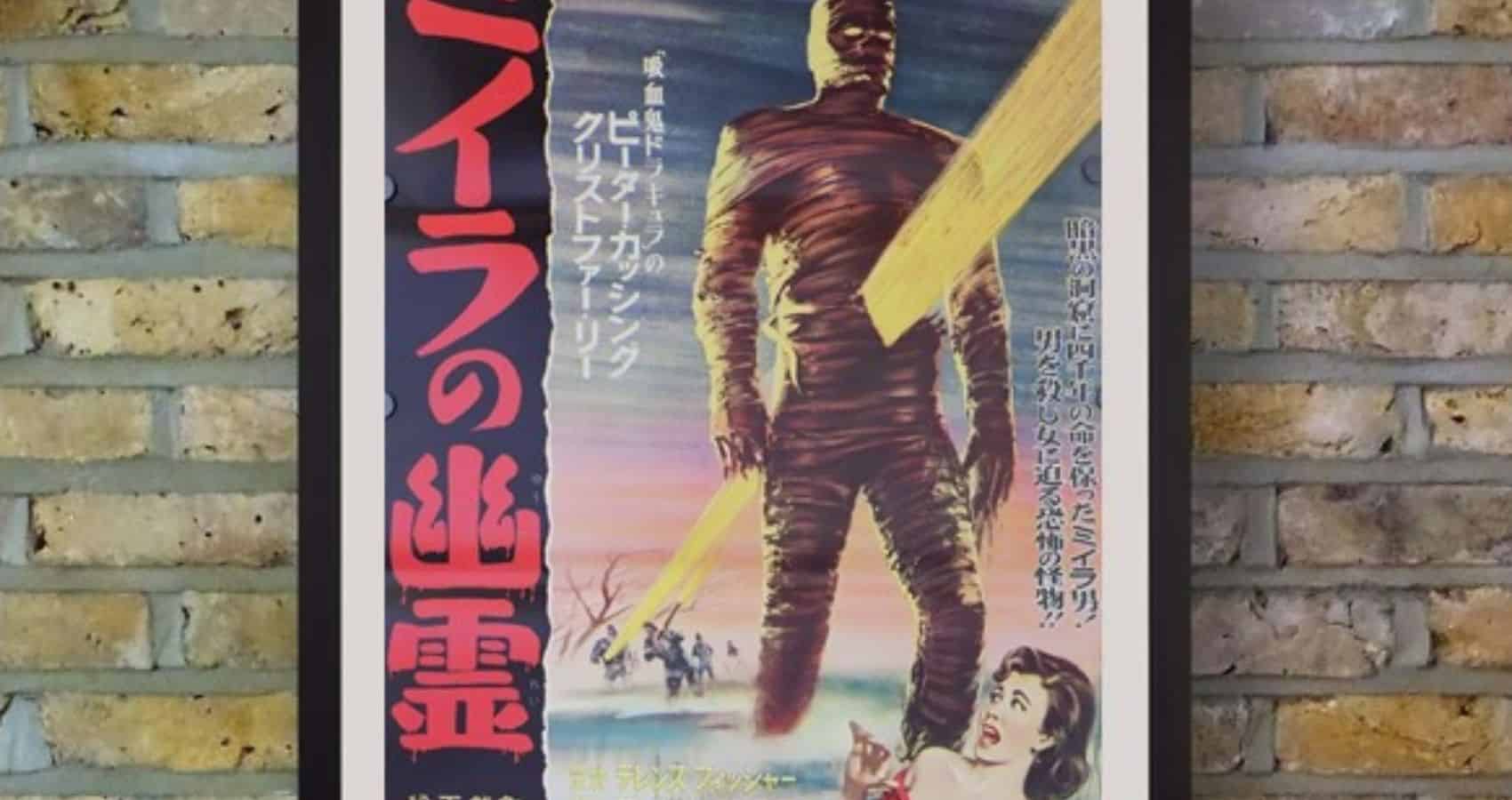OVID.tv have released two films by and about Chinese dissident artist Hu Jie films on their streaming platform. A glowing review in the New York Times this week says that “for more than 20 years, the filmmaker Hu Jie has been trawling the deep waters of Chinese history to create a series of harrowing documentaries about the early years of Communist Party rule.”
“SPARK — a film that has undergone many iterations, alternations and expansions — reconstructs the fate of a group of young people who started an underground journal 60 years ago. And THE OBSERVER, a documentary about Hu by the Italian director Rita Andreetti, is at once a sympathetic portrait of the filmmaker and an introduction to his films.”
Read more details below.
OVID, the streaming service for independent films, is available in the U.S. and Canada. New subscribers can sign-up for a free 14-day trial. After, that subscriptions are just $6.99/mo or $69.99 for an annual subscription.
 |
The Observer
Directed by Rita Andreetti; dGenerate Films, Documentary
In August 2014, the 11th Beijing Independant Film Festival was shut down after repeated threats from local authorities. The government wouldn't tolerate the screening of some ‘sensitive' works, particularly a historical documentary called “Spark”. The news shook filmmakers and public opinion alike and filmmaker Rita Andreetti couldn't help but begin on a search for the man whose work had pushed the government to the edge of tolerance. The Observer is the portrait of the extraordinary and undetected work of Chinese dissedent artist, Hu Jie. Despite making huge contributions to historical research by uncovering essential testimonies from China's past, his body of work hasn't been recognized the way it deserves.
“Though none of his works have been publicly shown in China, Hu Jie is one of his country's most noteworthy filmmakers.” — The New York Review of Books

Spark
Directed by Hu Jie; dGenerate Films, Documentary
SPARK opens by the side of a road in Lanzhou City, northwestern China, as trucks rumble through a blasted hillside. An elderly man walks along the dusty road and pauses to point to a nearby spot—the former execution grounds. “They executed many,” the man says. “Then fewer and fewer.”
Two of those executed were contributors to Spark, a short-lived magazine from Gansu Province whose young, intellectual contributors bravely shone a light on the horrific realities of life during the Great Leap Forward. More than 35 million people died of famine between 1959 and 1961, in large part because of Communist Party policies.
To this day, the Party has never fully acknowledged the scope of the disaster. In SPARK, filmmaker Hu Jie—who has been described as “China's most important unofficial historian-filmmaker”— tracks down the surviving men and women of Spark, including founder Gu Yan, allowing them to tell their stories.
“Profound; a film about the search for the truth.” — Asian Movie Pulse















